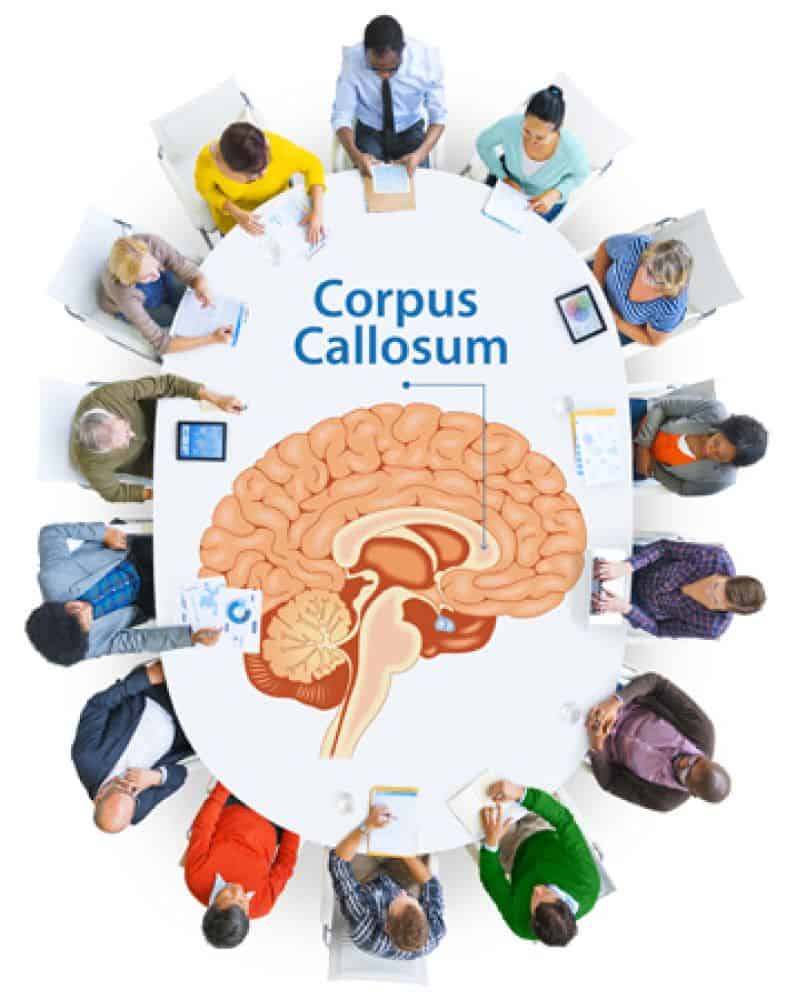Research
This section is designed for researchers, scientists, physicians, therapists, and other medical professionals seeking information on disorders of the corpus callosum (DCC). Here, you’ll find research studies, medical insights, and resources to better understand,
diagnose, and support individuals with DCC.
For Individuals and Families
For Professionals
Information for Researchers
Join Our CoRDS Patient Registry
The CoRDS Patient Registry, which stands for Coordination of Rare Diseases at Sanford, is a secure, international database designed to help people with rare conditions, like disorders of the corpus callosum, share their medical experiences with researchers.
Click below to find out more:
Current Research and Clinical Studies
The following list provides information regarding on-going research studies related to disorders of the corpus callosum. The National Organization for Disorders of the Corpus Callosum (NODCC) does not directly sponsor or endorse specific scientific research programs, but in general does encourage research because it allows for advances to be made in the study of disorders of the corpus callosum. If you are interested in participating in or learning more about these projects, please contact the project coordinators.
If you have any questions about these research studies, please contact us at [email protected].
Our Research Proposal Guidelines:
The Human Brain and Cognition Laboratory, Travis Research Institute
Brain Development Research Program, University of California, San Francisco
Emotion & Social Cognition Lab, Caltech
ACC Infant Study, Caltech & University of Minnesota
Ongoing Adult and Children Online ACC Studies, California Institute of Technology Pasadena
Brain Development and Disorders Laboratory, Washington University in St. Louis
Catalogue of Recently Published Research
We collect and share research studies and medical resources for informational purposes but do not review, evaluate, or endorse the findings, conclusions, or recommendations contained in these studies.
Outcome of Agenesis of the Corpus Callosum Diagnosed by Fetal MRI
Associated anomalies in cases with agenesis of the corpus callosum
Neurodevelopmental outcome in prenatally diagnosed isolated agenesis of the corpus callosum
*The NODCC does not directly sponsor or endorse scientific research programs. However, an important component of the organization’s mission is to serve as a catalyst for research.

